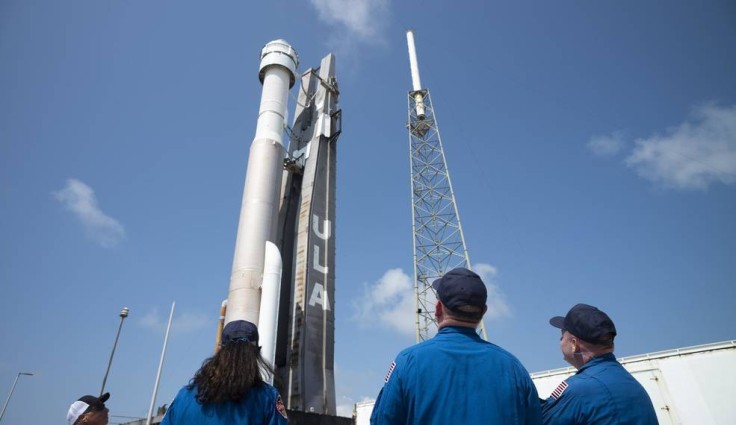Boeing's Starliner spacecraft is not getting off the ground anytime soon, or ever, for that matter.
The company recently announced it is delaying the launch of the first crewed Starliner mission indefinitely due to the numerous issues it found more than a month before its launch.
Boeing originally intended to launch its Starliner spacecraft on July 21, though it is years behind schedule already; the company attempted to send the spacecraft into space twice to little avail.

Boeing Starliner Indefinite Delay Details
Boeing Starliner Program manager and vice president Mark Nappi mentioned in a press conference on Thursday that the company is indefinitely delaying Starliner's first crewed launch for NASA due to the new issues the team found last week, per Space.com.
The issues Nappi mentioned were significant, which included those affecting the spacecraft's parachutes and the use of "hundreds of feet" of flammable adhesive tape to protect the spacecraft's internal wiring.
While the tape is already a critical issue, the "soft links" used on the suspension lines of Starliner's three main parachutes have a failure load limit lower than previously thought - they cannot handle Starliner's load if one of its parachutes fail during re-entry.
Since NASA requires that two of the three parachutes must work to satisfy its safety requirement, Boeing is going back to the board to find a solution to solve the issue.
Although Nappi mentioned that the feasibility of the company and NASA launching Starliner within the summer or in 2023 is high, he wouldn't want to commit to any dates or timeframes as Boeing needs to spend the next several days understanding what to do to solve the issues it found.
Nappi said it would take several weeks for Boeing to investigate Starliner's design issues and come up with solutions. For now, the company is fully committed to the program and has no plans to stop developing Starliner despite being years behind schedule.
Regardless, this delay would be the latest delay the spacecraft experienced during its lifetime. While the spacecraft had flown twice in the past, according to NPR, it only reached space once during its second test flight in 2022.
Space News reports that Boeing intended to launch the crewed mission as early as March 23 but got delayed due to Axiom Space's Ax-2 mission. While it got a new April launch schedule, the company delayed it yet again.
History Behind Boeing's Starliner Program
Boeing is one of two commercial companies NASA picked to fly astronauts to and from the ISS through the space agency's multibillion-dollar fixed-cost contracts in its Commercial Crew Program.
NASA mentioned in Sept. 2014 that it provided Boeing with $4.2 billion to create spacecraft to ferry astronauts to and from the ISS safely. The contracts include at least one crewed flight test per company with at least one NASA astronaut aboard to verify if the spacecraft can launch, maneuver in orbit, and dock at the ISS.
Once done, each contractor will conduct at least two, and as many as six, crewed missions to the space station - Boeing is still at its first.
Thanks to the contracts, Boeing is likely responsible for any additional costs due to the launch's delays.
Related Article : NASA and Boeing's Joint Starliner Mission Confirmed Final Launch Date









